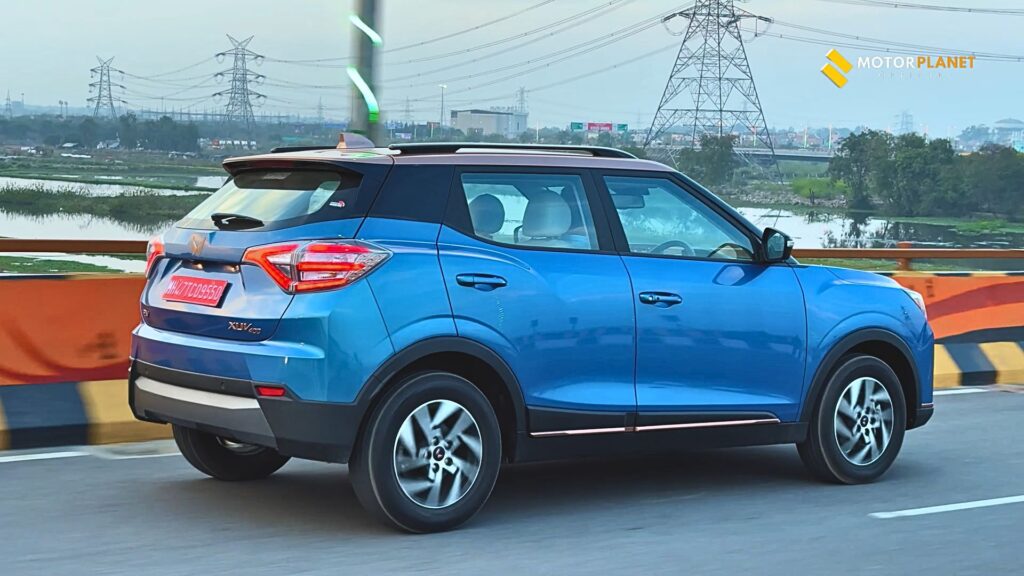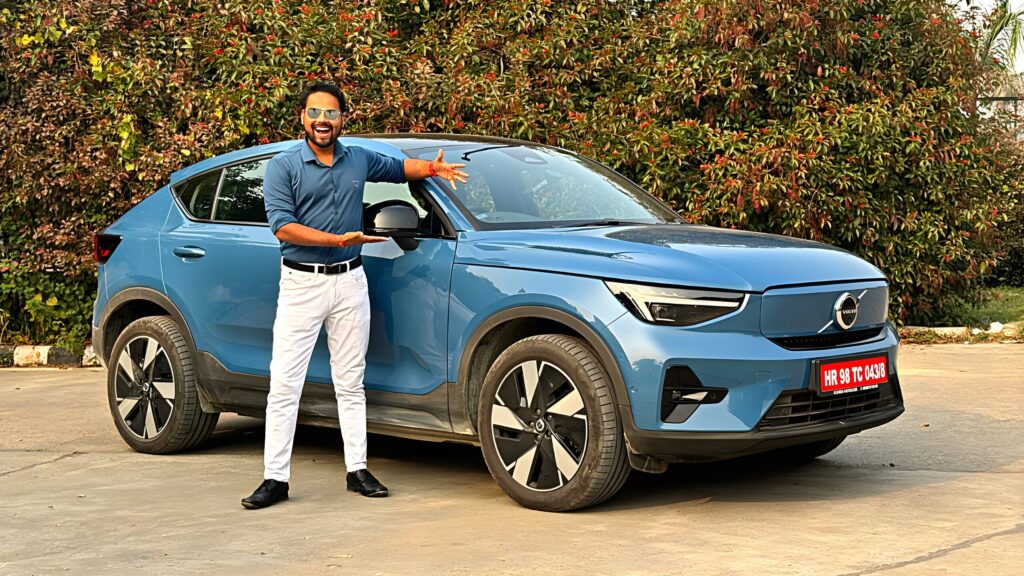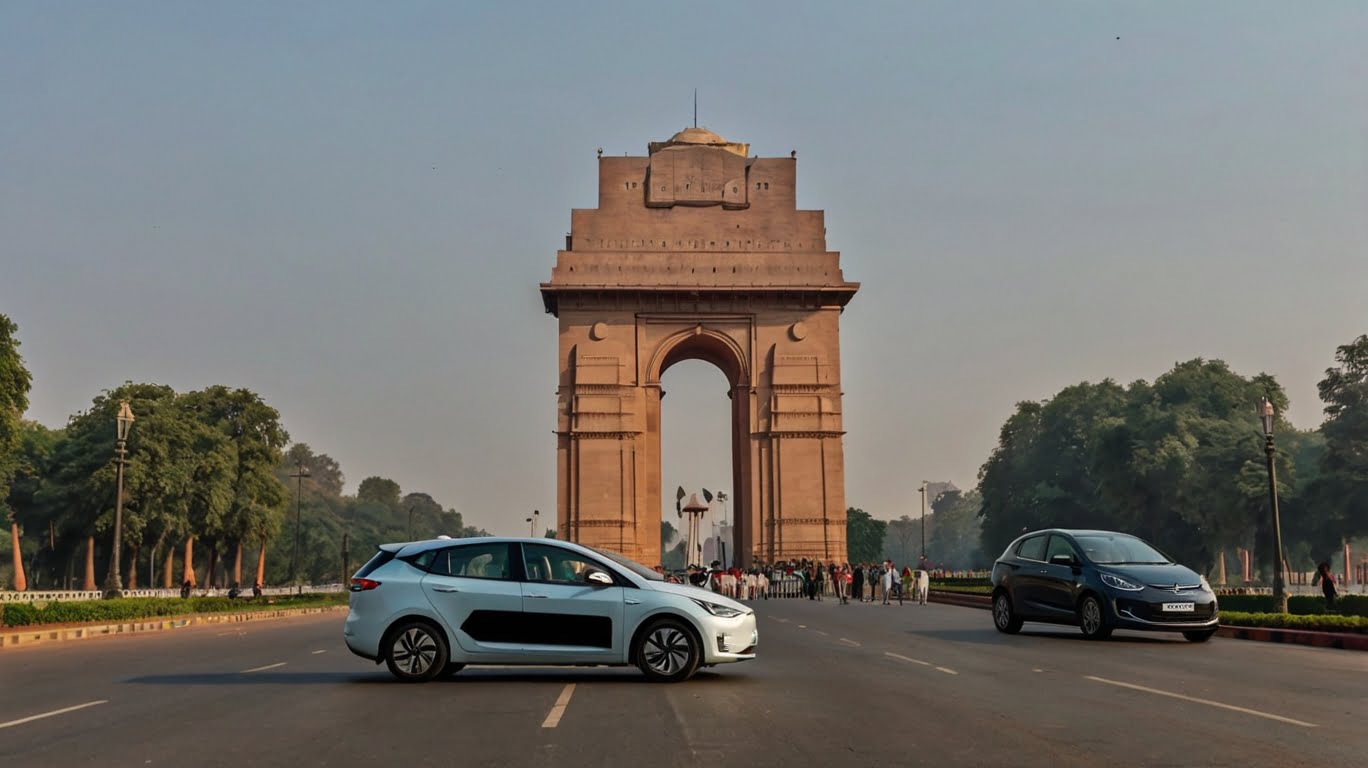The world is currently witnessing a wave of electric vehicles (EVs), pushing towards a potential future of cleaner transportation, and India is no exception. The rapid growth and international competitiveness of China’s EV industry have made the world think outside of the box to become leaders in the EV industry. As EVs continue to improve and capture more market share globally, it remains crucial for India to develop strategic responses that consider both economic and technological advancements in this sector.
To improve the EV ecosystem, India can:
- Provide subsidies
- Develop infrastructure
- Invest in R&D
- Implement regulations that encourage green policies
- Promote awareness to educate the public on EV benefits
In this article, we will use government data and sources to examine how India is pushing the EV market based on the latest policies and their impact. The growth of the EV sector in India is part of a broader strategy to reduce carbon emissions, improve air quality, and decrease dependence on oil imports, aligning with global trends and India’s commitment to sustainable development.
EV Registrations in India (2024)

In 2024, the share of electric vehicles in India’s automobile industry shows significant progress. Based on data from the Ministry of Power and other government sources, the breakdown of EV registrations in India is as follows:
- Two-wheelers: Approximately 10 lakh electric two-wheelers are supported under the FAME II scheme (source: Invest India).
- Three-wheelers: Around 5 lakh electric three-wheelers are supported by the same scheme (source: Invest India).
- Four-wheelers: The scheme supports 55,000 electric four-wheeler passenger cars, including strong hybrids (source: Invest India).
As of December 2023, there are 1.433 million registered electric vehicles in India, reflecting a substantial increase driven by government initiatives and incentives. This growth is part of India’s broader strategy to achieve a 30% share of EVs in overall vehicle sales by 2030 (source: Ministry of Power).
EV Market Growth in 2024

In 2024, the EV market in India experienced substantial growth. According to recent data, EV sales in India reached 1.67 million units for the fiscal year 2024 (FY2024). This includes a significant increase in the sales of two-wheelers and three-wheelers, which together account for 94% of the total EV sales. Specifically:
- Two-wheeler EV sales: 944,082 units
- Three-wheeler sales: 632,485 units
- Electric passenger cars and SUVs: 90,379 units, a 90% increase from the previous year (source: India Brand Equity Foundation).
Overall, EVs are gaining a larger share of the Indian automobile market, with electric two-wheelers and three-wheelers leading this transformation. In the three-wheeler segment, EVs now constitute 54% of total sales.
Government Initiatives
Government initiatives such as the Faster Adoption and Manufacturing of Electric Vehicles (FAME-II) scheme and the recently introduced Electric Mobility Promotion Scheme 2024 have provided substantial subsidies, contributing to the surge in EV adoption. The Indian government aims for 30% of the country’s vehicle fleet to be electric by 2030, supporting this transition with policies and incentives.
FAME II Scheme
According to the Press Information Bureau, the Ministry of Heavy Industries (MHI) has provided subsidies amounting to Rs. 5790 crores to electric vehicle manufacturers for the sale of 13,41,459 electric vehicles under phase-II of the FAME India Scheme. Additionally:
- The Ministry has sanctioned 6,862 electric buses to various cities, with 3,487 delivered by November 29, 2023 (source: Press Information Bureau).
Charging Infrastructure Development
- Sanctioned Charging Stations: The Ministry has sanctioned 2,877 electric vehicle charging stations in 68 cities across 25 States/UTs. As of now, 148 of these stations are constructed and operational (source: Press Information Bureau).
- Additionally, ₹800 crores have been allocated as capital subsidy to Oil Marketing Companies for the establishment of 7,432 EV public charging stations.
Impact of Increasing EV Share in the Automobile Sector
Increasing the share of electric vehicles in a country’s automobile sector offers several benefits:
- Reduces greenhouse gas emissions and air pollution
- Decreases reliance on imported oil, reducing geopolitical risks
- Creates jobs in the EV manufacturing, maintenance, and infrastructure sectors
- Improves air quality, leading to better public health outcomes
- Encourages technological advancements and R&D in clean energy and automotive technologies
- Lowers fuel and maintenance costs for consumers over the long term
- Promotes sustainable and efficient urban transportation systems
- Positions the country as a leader in sustainable technology and climate action
Enhancing EV adoption contributes to sustainability, economic resilience, and improved quality of life.

